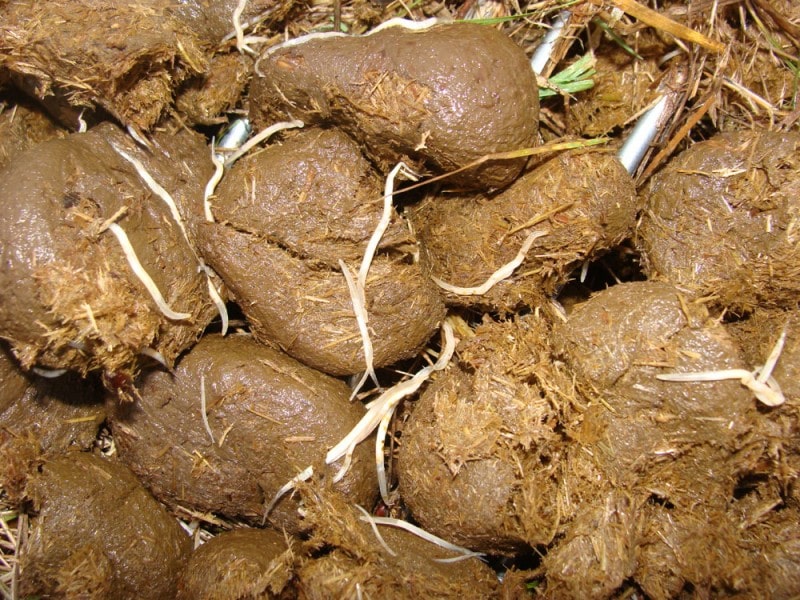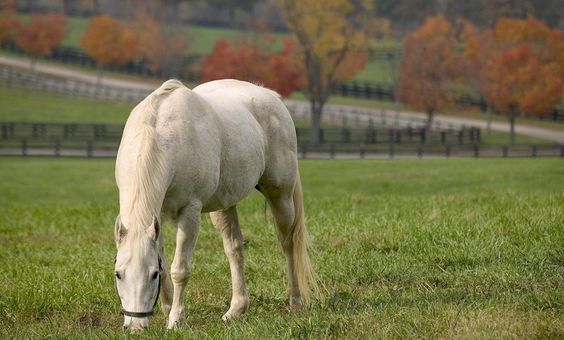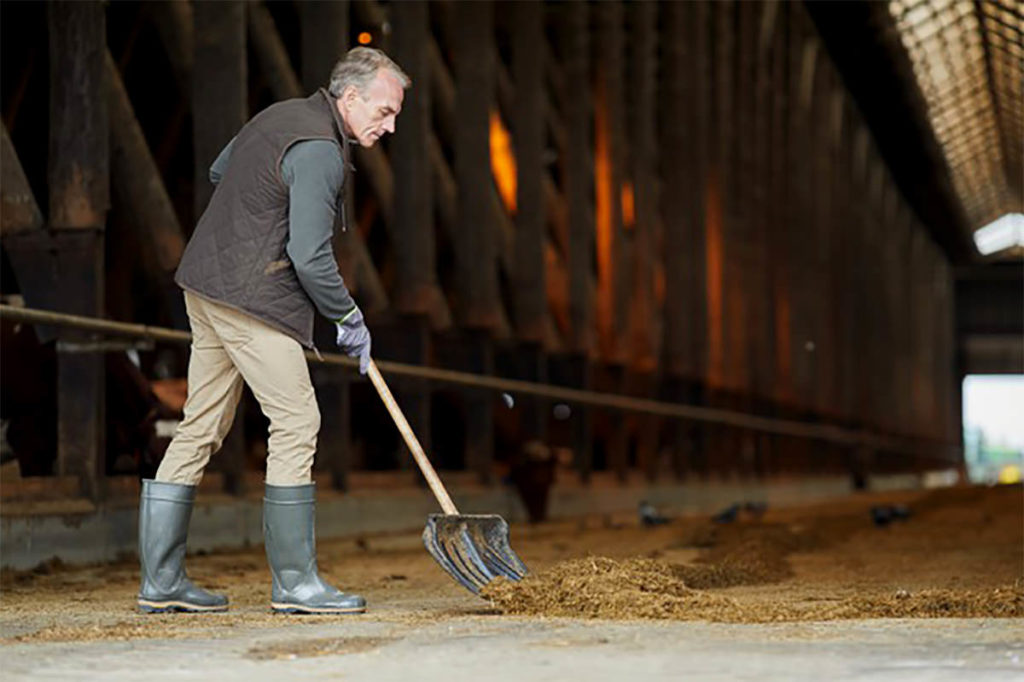Wednesday, February 23, 2022
We often talk about worming your horse. But what is deworming?
The deworming is the administration of a deworming agent, which kills intestinal worms that kills intestinal worms. This product, prescribed by a veterinarianprevents contamination of the animal by various parasites. It also limits their proliferation in the environment. Deworming your horse is therefore very important. But how often? Against which parasites? Which worming method should be used? We answer all these questions to make you a worming specialist.

There are three three groups of parasites treated by deworming:

The symptoms vary according to the type of parasite. Here are a few signs to help you spot them:
In fact, just because parasites and eggs are not visible in your horse's excrement doesn't mean they aren't there. Sometimes, they're so small that it's impossible to see them to the naked eye.. If you have any doubts about your horse's potential infestation, call your veterinarian. He or she will confirm whether or not they are present and advise you on what to do next.
The average frequency of deworming is 2 to 4 times a year. It varies according to age and living conditions of your horse. Horses in strict stall can only be wormed 2 to 3 times a year. On the other hand, if your horse has access to a shared paddock with other horses, it's best to worm him 3 or 4 times a year. The same applies if your horse lives in a meadow. For foalsit is advisable to worm them every month until the age of 6 months of age. Thereafter, deworming can be spaced out.

Two periods are recommended for worming horses. The first is in springwhen horses will be returning to the outdoors. The second is in autumnwhen horses return to their stalls. Worming should also be carried out during the grazing season. Different dewormers are used depending on the parasites to be treated. It is recommended to treat the horse against roundworms with each worming session. The tapeworms should be treated in summer and autumn. The gastropod larvaeshould be treated on return to the stall.
There are two approaches to deworming your horse: "systematic deworming" and "systematic worming". systematic deworming "and "systematic worming reasoned ". Let's take a closer look at these two methods:
The systematic deworming This classic method is mainly used in facilities with a large number of horses. numerous. The dewormer is administered at the same time and at intervals regular intervals. As a result, horses receive deworming medication even if they are not contaminated by parasites. On the other hand, this method has one drawback. Regularly treating horses with the same substances makes the parasites more resistant. This makes them more difficult to eliminate.

The reasoned deworming This method begins with a test phase. Infested horses are identified by sampling and analyzing their excrement. feces. Only the most most infestedresponsible for the majority of contamination, will be treated. Tests are carried out every three months months. This method offers good results, but has its limitations. On the one hand, the feces tested do not always contain a sufficient sufficient quantity of eggs for the animal to be identified as "highly highly infested ". On the other hand, some parasites are not not detectable in feces.
To limit the risk of reinfestationyou must pay close attention to hygiene of your facilities. In particular, remember to regularly pick up dung in your paddocks. Disinfect boxes and grooming areas. Always deworm horses newly arrived to the group. After deworming your horse, wait 48h before taking your horse out to pasture again. This will prevent his excrement from contaminating the pastures again.

To sum up worming is very important to protect your horse from intestinal worms and limit the proliferation of parasites in the environment. It should be done regularlyaccording to a protocol defined with your veterinarian. Choose with him the worming method best suited to your horse. Make sure you maintain good hygiene to avoid reinfestation.
Sources :